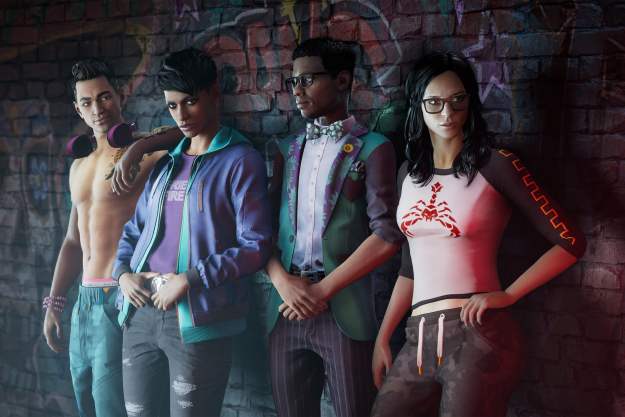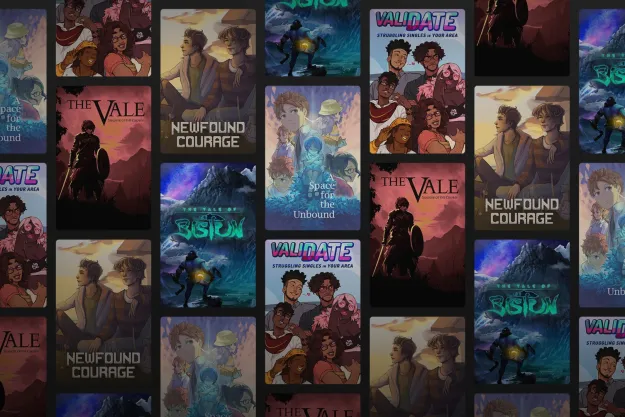Activision Blizzard has announced that its stockholders have voted to approve Microsoft’s acquisition of the company. An overwhelming 98% of shareholders voted in favor of Microsoft’s nearly $70 billion purchase in a special meeting on Thursday, according to a press release.
Microsoft may have had its little victory in getting permission from Activision Blizzard’s stockholders and board of directors to buy the maker of Call of Duty, World of Warcraft, Crash Bandicoot, and the Tony Hawk’s Pro Skater series, but the vote is just one less hoop to jump through for its purchase to be fully approved. It’s still being investigated by the Federal Trade Commission (FTC) to determine whether or not it’s legal under anti-trust laws.
That prospect didn’t stop CEO Bobby Kotick from praising his shareholders for allowing the deal to go through. “Today’s overwhelmingly supportive vote by our stockholders confirms our shared belief that, combined with Microsoft, we will be even better positioned to create great value for our players, even greater opportunities for our employees, and to continue our focus on becoming an inspiring example of a welcoming, respectful, and inclusive workplace,” he said.
Bloomberg reported that, as shareholders voted to allow Microsoft’s deal to pass, investors on Wall Street have been skeptical about the deal going through at all. While Microsoft planned to buy Activision Blizzard for $95 per share, the latter company’s stocks dipped 25% below its proposal.
Meanwhile, Kotick is still facing demands to resign from his position at Activision Blizzard due to the sexual harassment allegations brought on by the lawsuit filed by California’s Department of Employment and Fair Housing last July and the extent of his knowledge about the workplace misconduct, which is reportedly what led to the acquisition in the first place. Kotick is expected to leave the company once the deal closes by June 2023.
Editors' Recommendations
- Xbox Game Pass gets its first Activision Blizzard game very soon
- Every key detail from Xbox’s business update: new console, multiplatform games, and more
- Xbox lays off 1,900 developers, cancels Blizzard’s survival game
- The biggest gaming news of 2023: Insomniac leak, GTA 6 reveal, and more
- We predicted gaming’s 2023 future last December. Here’s what we got right




